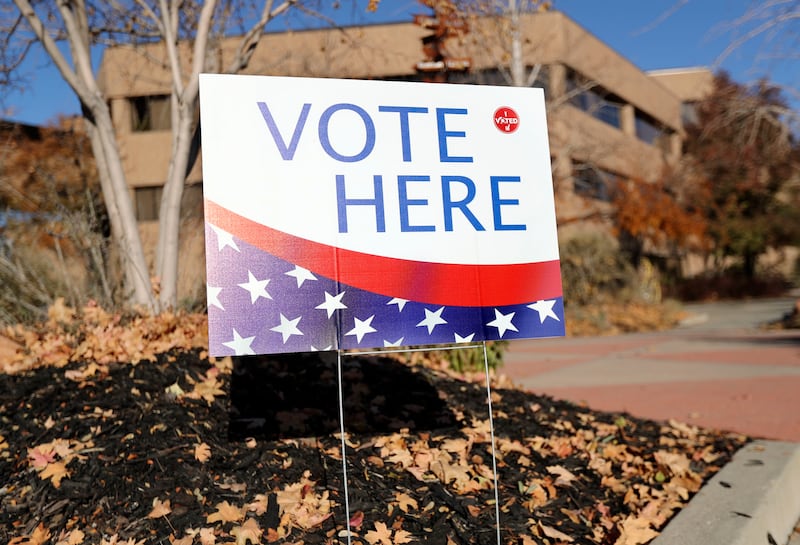We would like to say straight-ticket voting is a vestige from a bygone era, but the truth is it is a voting tool that never was appropriate in any era. Voters ought to be forced to confront every candidate on a ballot and make a choice. That is especially true now that Utah is largely becoming a vote-by-mail state.
The Utah Legislature is considering HB70, a bill that would eliminate this option on Utah’s ballots. It is sponsored by Rep. Patrice Arent, a Democrat, and Sen. Curt Bramble, a Republican, and has bipartisan support. It already was passed by the House Government Operations Committee. A similar law passed the House last year but failed to get a hearing in the Senate because time ran out on the session.
This year, it deserves to become law.
Diehard party faithful may enjoy the convenience of checking a box that automatically casts a vote for every member of that party on a ballot, but the truth is this long-standing feature causes a great deal of confusion.
County clerks say some voters assume the box is nothing more than a declaration of party membership, and that checking it registers them in the party. Some, therefore, go ahead and mark ballots for each race despite checking the box.
At the committee hearing, Arent told of being approached by people who tell her they voted for her because they checked the straight-ticket Republican box — something that is of little comfort to the Millcreek Democrat.
But the biggest danger with straight-ticket voting is that those who mark the box often neglect to vote separately in the nonpartisan races farther down the ballot, or for judicial retention proposals or the propositions and constitutional amendments that tend to come last.
When voters use electronic machines, computers can alert them that they have failed to cast ballots in these races. But mail-in paper ballots obviously lack that capability.
Nonpartisan races include candidates for school boards, positions that solidify the close relationship between voters and the education system. Judicial retention votes give people the rare opportunity to pass judgment on members of the judicial branch, whose decisions affect lives on a daily basis. And ballot propositions often allow citizens a direct voice in the creation of law or to amend the state constitution.
But if this anachronistic voting mechanism wasn’t fit for any era, it is especially not compatible with the information age. Mail-in voting allows people the luxury of taking time to research and study candidates and issues. Intelligent internet searches and voter information pamphlets can guide this process, leading to more informed voter decisions than anything that was possible only a few years ago.
Few states maintain a straight-ticket option. Another co-sponsor, Rep. Craig Hall, R-West Valley City, said 70% of his constituents who returned a recent survey indicated they want to eliminate it. Clearly, the time has come.
Arent said, “We want people to be thoughtful voters.” That is a worthy goal. There may be no sure way to make this so, but eliminating straight-ticket voting would cut down on the chances it will be otherwise.

